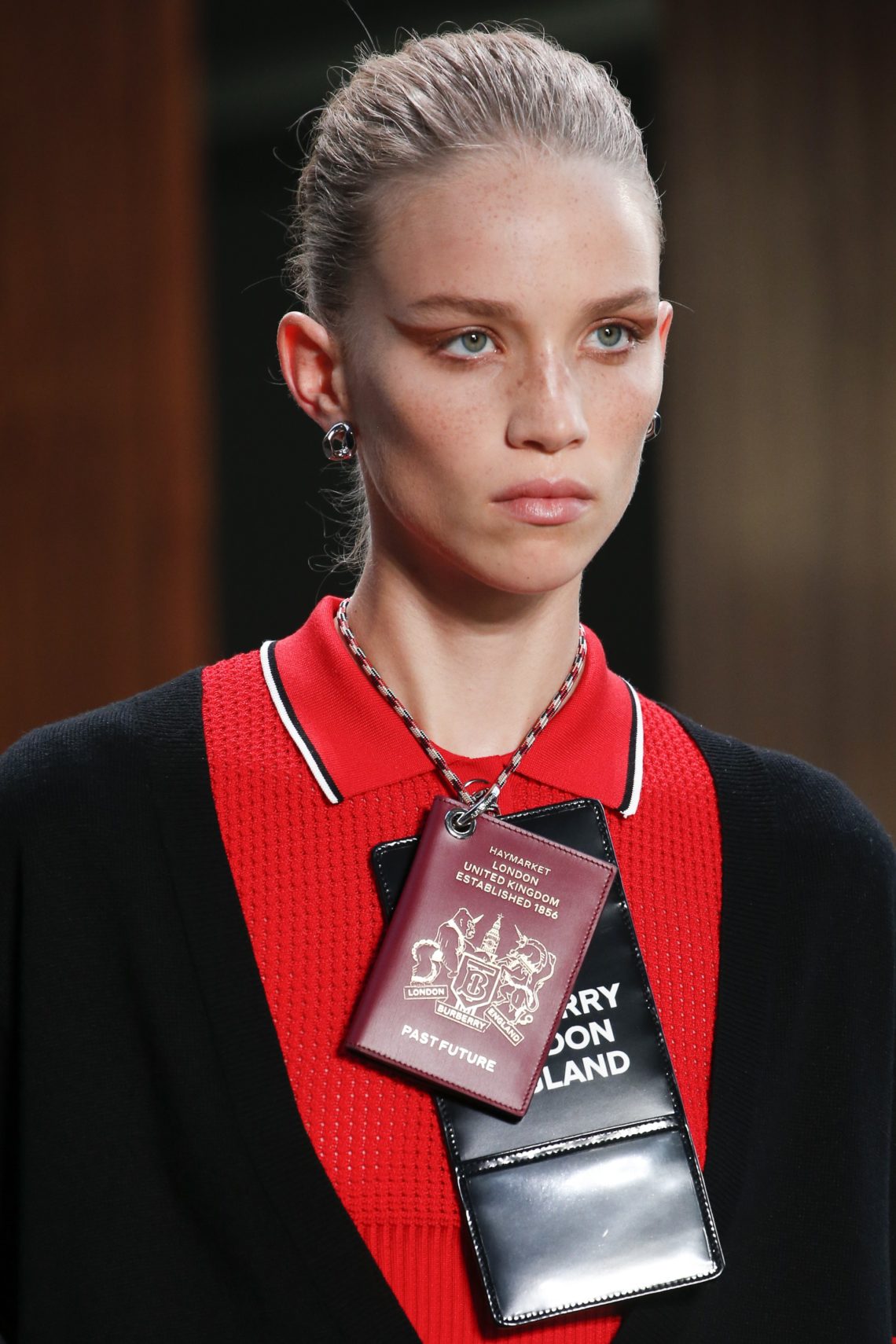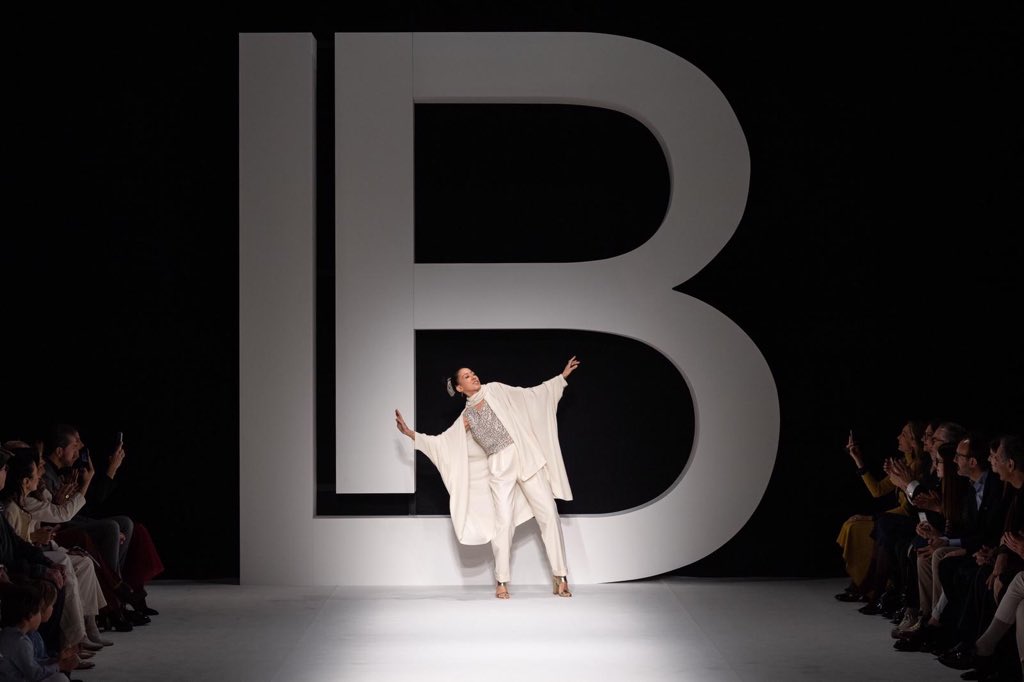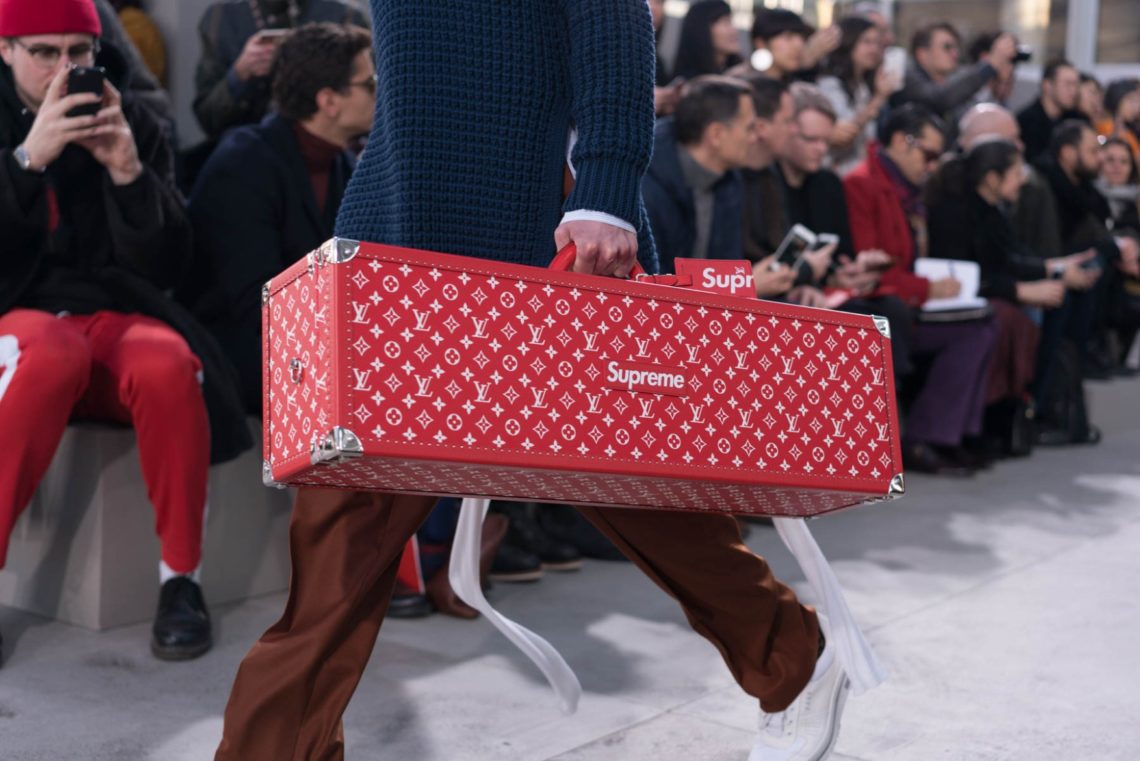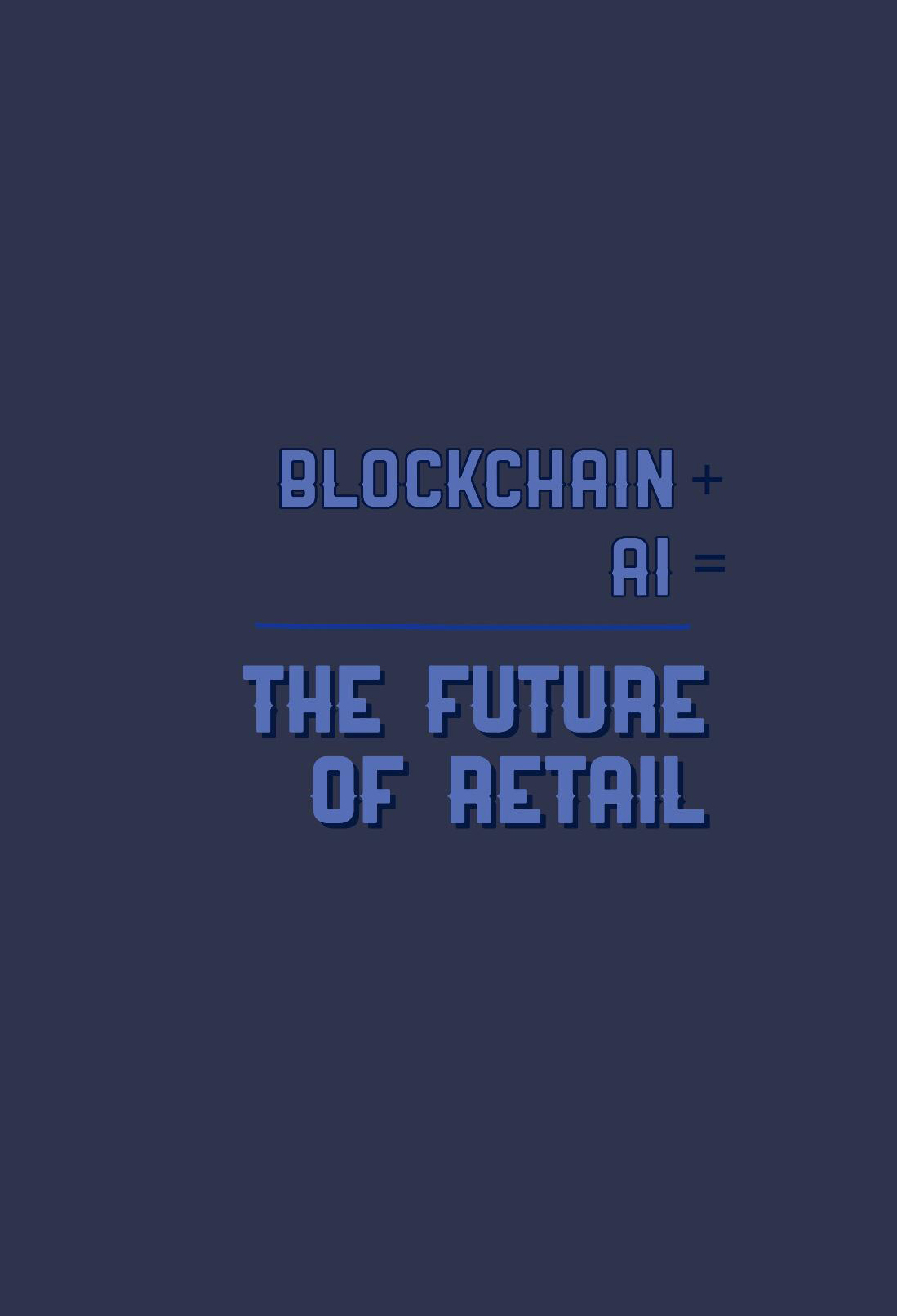Currently in the Philippines, I came across the myriad of indigenous designs and textile techniques used for centuries by the very many and diverse tribes of this country. This made me think of the sensitive topic of cultural exploitation and appropriation. From sushi, the most typical Milanese food, to a French marinière striped shirt or Greek sandals, all cultural inspiration and consumption is borrowed. All the time. And in my opinion, this is unavoidable. Since the beginning of times -Romans and Greeks, the interconnection between languages, the list is endless!- and in a globalised world more than ever, culture is fluid and evolving. Do we all just stick to our…
-
-
Exclusivity in Luxury: A Case Study on Hermès
Hermès International, or simply Hermès, was founded in 1837 as a harness workshop by Thierry Hermès in Paris, France. In the 1880s, the company shop was moved to 24 Rue du Faubourg, Saint-Honoré in Paris by Thierry’s son Charles-Émile Hermès, which is now still the firm’s global headquarters. A brand that stresses the importance of heritage remains, until today, an independently family run firm, as compared to several other luxury brands that has been bought out in the past years. (Christian Dior in 2017 by LVMH, Versace in 2018 by Michael Kors) The fact that the company is presently run by the fifth and sixth generation — the daughters and…
-
Vegan Leather: A Step Closer to A More Sustainable Fashion Industry
Bringing the fashion and food industries together is now easier than ever. Thanks to the rise in the number of socially conscious consumers and their new purchasing behaviour, the fashion industry is constantly on the look-out for more eco-friendly and cruelty-free brands. Seen as a lot of people are shifting away from the consumption of red meat and cuttle-raising is on decline, it is finally time that we start implementing this sustainable mindset in fashion by coming up with alternatives for traditional animal leather. Thankfully, today there is a wide selection of vegan options to choose from. One of them is Pellemela, a 100%-apple-leather that is not only organic but…
-
British Fashion and Luxury Post-Brexit
Britain's impending exit from the EU has many in the region's fashion and luxury industry on high alert for the sector's future. 90% of British fashion designers vehemently opposed the move to leave – read more on our website to find out why.
-
Higlights from the Laura Biagiotti Show
On 24th of February, BS4F was in Piccolo Teatro to watch the Laura Biagiotti Fall Winter 2019/20 fashion show. The well-known theater was simply decorated with white for the show, with a huge LB placed in the beginning of the runway, the logo of the brand. The fashion show had a youthful and upbeat vibe. Colorful pieces, featuring monograms of the logo opened the runway. Puffer jackets, big collars and hairs put in buns with help of colorful scrunchies created a playful mood. The models strut the runway wearing one of the biggest trends of the season, extra long knit scarves. The show closed with a Biagiotti classic; white and…
-
The Life & Work of Karl Lagerfeld
On Tuesday, February 19th, Karl Lagerfeld passed away in Paris at the age of 85. The iconic German fashion designer left a huge impact on the industry, most notably through his role as creative director of Chanel and Fendi. Lagerfeld was born in Hamburg in 1933 – although his date of birth was disputed as he often stated to have been born in 1938. His father made a fortune by introducing condensed milk into the German market and as a consequence, Karl and his two sisters grew up in a wealthy home where intellectual activity was encouraged and where he was often exposed to literature, art and philosophy. With the…
-
The Business of Hype and Drop Culture
The fashion and luxury industries as we know them are undergoing a tremendous change to keep up with the new generation of consumers—who are set to account for 45 percent of the global luxury market by 2025— and their new shopping behaviours. Normal marketing strategies don’t cut it for most brands anymore, and this is where the business of ‘hype’ comes in. Supreme x Louis Vuitton © Tolga Akmen So what are the keys to a successful hype fashion brand? The first rule is that there are no rules. Unlike traditional fashion brands that release collections with the seasons and undergo a long period of professional training, they implement the…
-
The Imitation Game
Copying in the fashion industry is no new concept. Charles Frederic Worth, considered the pioneer of haute-couture, started stitching his name onto his original creations as early as in 1850 to protect himself from sly copycats. However, with the extensive multiplication of clothing brands and the strong development of fast-fashion, this phenomenon has grown hugely over the past decades. Despite the increasing magnitude of the copying problem, regulations to protect designers are still scarce and complex, especially in the United States. No clear patents or copyrights exist like in the pharmaceutical industry for example. The reasons for this leniency are multifold: Firstly, clothes are considered a more a commodity rather…
-
Blockchain + AI = The Future of Retail
AI AKA Artificial intelligence: computer completed tasks by simulating human intelligence. Blockchain: states of information at a determined moment in time represented by a chain of blocks. Each block can be traced to the previous one while each chain of blocks resides independently in a decentralised network which requires general consensus and thus ensures validity. Blockchain and artificial intelligence are few of the trending, fuzzy technological terms we encounter e v e r y w h e r e. Technological revolutions, the greatest inventions after the internet, call them as you want: it feels like they could change the way we do business forever. Fashion, one of the most complex and…
-
The digital tax
Subsidies for small to medium retailers and higher taxes for tech-giants. These are the new directives to be introduced in the UK by April 2020 in order to level the playing field between different distribution channels in a country that is greatly affected by the crisis of historical retail chains such as Marks & Spencer or Debenhams. Many retailers are struggling to survive as the competition from online firms – that employ fewer staff and pay lower tax rates – is increasing quickly. Phillip Hammond, the Chancellor of the Exchequer and Member of Parliament, introduced two ways to level the playing field: firstly, support retailers with the profitability of their…









